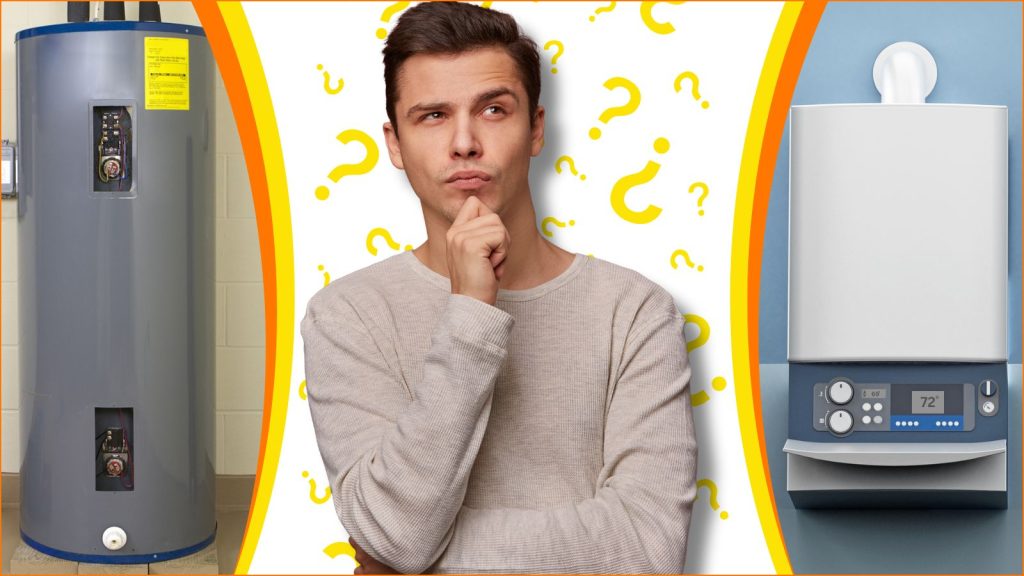If you’ve been noticing inconsistent hot water, strange noises, or rusty water coming from your taps, you might be wondering whether it’s time to repair or replace your water heater. For homeowners with an aging water heater in Livingston, NJ, understanding the warning signs and knowing your replacement options can make a big difference in both comfort and long-term savings.

Signs Your Water Heater May Be Failing
Most traditional water heaters last about 8 to 12 years. If yours is approaching that range—or you’ve seen some of these red flags—it may be nearing the end of its life:
- Rust or discoloration: Rusty water or visible corrosion on the tank often means the interior lining or anode rod has deteriorated. Once corrosion starts, leaks are not far behind.
- Low hot water output: If your showers are turning cold faster than usual, sediment buildup inside the tank could be reducing heating efficiency.
- Strange noises: Popping or rumbling sounds often indicate hardened mineral deposits, which can overheat and damage the tank over time.
- Leaking or pooling water: Even small leaks can quickly worsen, leading to property damage and higher energy bills.
If your system is relatively new and the issues are minor—such as a faulty heating element or thermostat—repair may still be a practical option. However, once rust, leaks, or age become factors, replacement is usually the more prudent move.
Comparing Your Water Heater Options
When replacement makes sense, you have several technologies to choose from—each offering distinct advantages depending on your home, usage habits, and energy goals.
- Conventional Storage Tank Water Heaters: These are the most common type, storing 30–80 gallons of hot water ready for use. They have the lowest upfront cost but are less efficient, as they continually reheat water to maintain temperature. They’re best suited for families with steady or high hot water demand and a moderate budget.
- Tankless (On-Demand) Water Heaters: Instead of storing hot water, these systems heat it as it flows through the unit. This means virtually endless hot water, higher energy efficiency, and a smaller footprint. They cost more initially but offer excellent long-term ROI through lower energy use and reduced standby losses—ideal for smaller households or those wanting a modern, space-saving upgrade.
- Heat Pump (Hybrid) Water Heaters: These systems use ambient air to heat water, consuming up to 60% less energy than standard electric models. While they cost more upfront and require adequate space and ventilation, they deliver significant savings over time—especially in homes that already prioritize energy efficiency.
Choosing What’s Right for Your Home
There’s no one-size-fits-all answer when it comes to water heater replacement. Families with high simultaneous demand may prefer a large conventional unit, while small households and energy-conscious homeowners may achieve better returns with a tankless or heat pump model.
Because every home’s plumbing, electrical setup, and hot water habits are different, the best approach is to discuss your options with our team. We can evaluate your current system, energy usage, and household needs to recommend the ideal solution, ensuring you get reliable and efficient performance for years to come.
Contact MarGo Plumbing Heating Cooling Inc. today to schedule an appointment or with any questions about your water heater in Livingston, NJ!
